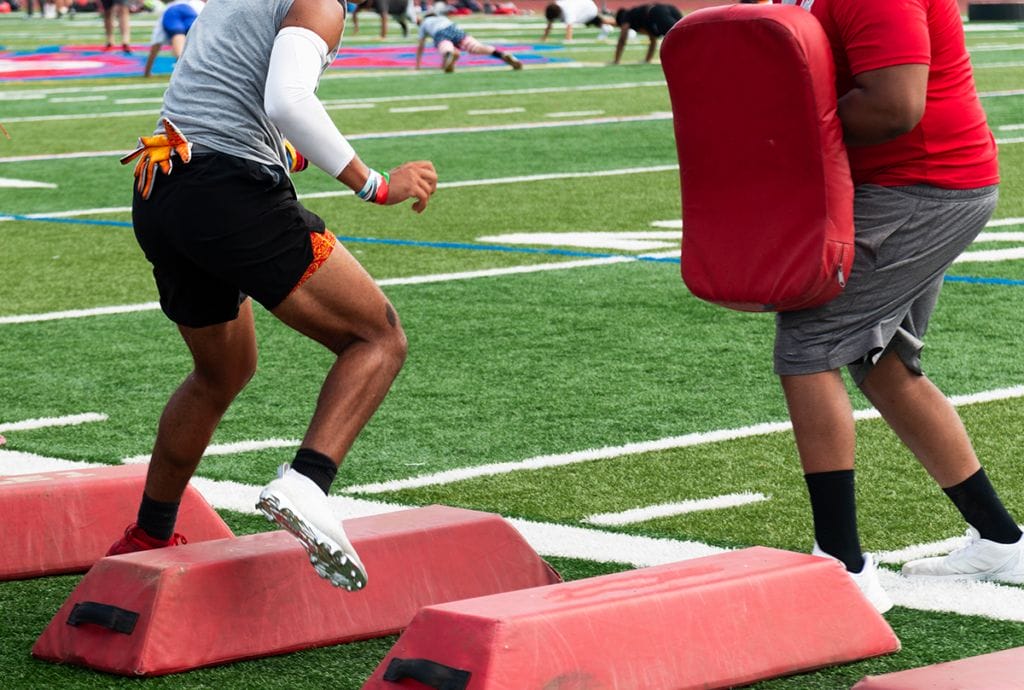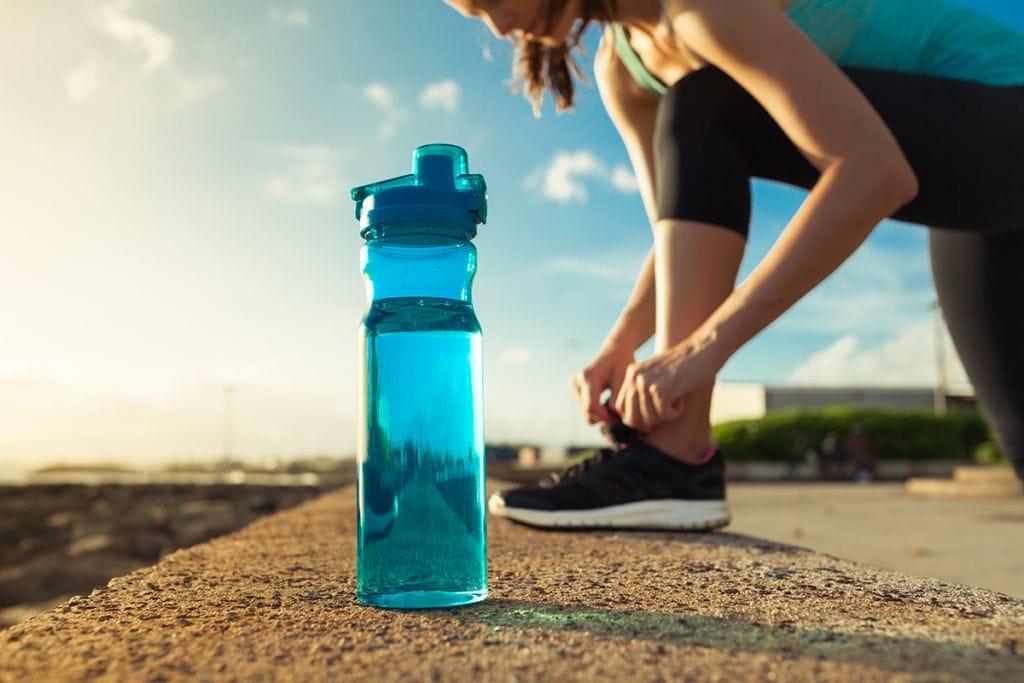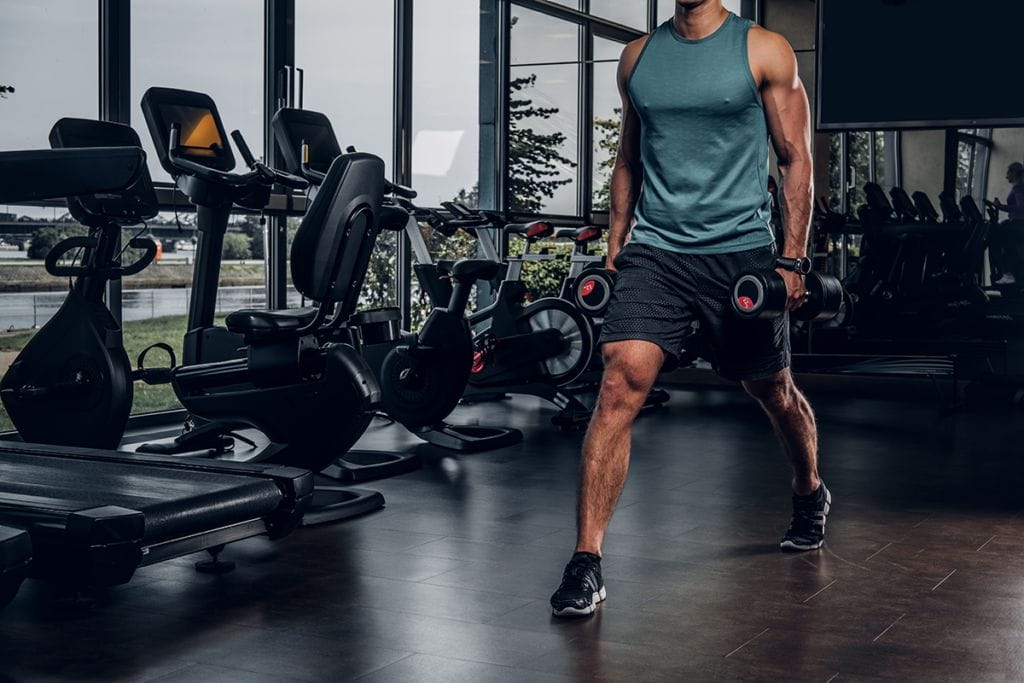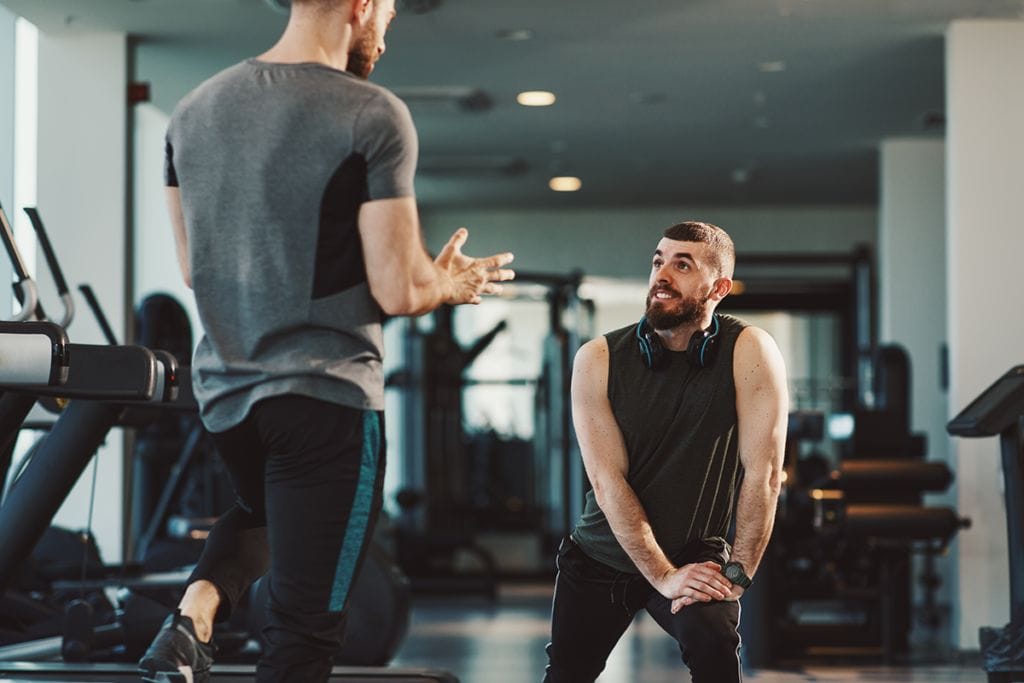For college athletes, the off-season is a time for growth and development. It’s important to make the most of this time, so that you can come back strong next season.
There are three keys to having a successful off-season: nutrition, rest, and training.
You heard that right—training.
Just because the season is over doesn’t mean you can take a break from your sport. In fact, this is the time when you should be working harder than ever to improve your skills.
Nutrition
Nutrition is key during the off-season. Eating healthy foods will help your body recover from the rigors of the season and prepare for the next one. Make sure to eat plenty of fruits, vegetables, and lean protein.
Rest
Getting the right amount of rest is just as important as training during the off-season. Your body needs time to recover from the demands of the season.
Make sure to get plenty of sleep and take days off when you need them. Just don’t overdo it!
Training
You can’t just take a break from your sport during the off-season. You need to continue training, so that you can come back even stronger next season.
But how can you best train during the off-season when there are no games, and your usual college training facilities on campus may even be closed?
That’s where an elite collegiate training program like Momentum comes in. This program can help you take your game to the next level, even during the off-season.
Off-Season Training for College Athletes
An individualized collegiate training program can provide not just the opportunity to work hard and build confidence going into the next season—but joining can help keep you accountable while your usual training schedule is disrupted.
If you’re looking to make the most of your off-season, contact us now and see how we can help you reach your goals.
Additional Training Tips:
But how do you make the most effective use of your training time during the off-season? Here are a few general tips for off-season training:
- First, don’t neglect the basics. Make sure you’re still working on your fundamentals, even if you’re not playing in games. This will help you stay sharp and prevent bad habits from creeping in.
- Focus on your weaknesses. Take some time to identify the areas you need to work on, and then put in the extra effort to improve them.
- Don’t forget about your mental game. Training your mind is just as important as training your body. Stay positive and motivated, and set goals for yourself.
- Join a tailored off-season training program. Many college athletes choose to join an off-season collegiate training program that is specific to their sport. This can be a great way to get focused, individualized training and keep in top physical condition during the off-season.
Remember, this is your time to grow and develop as a college athlete. While other students are just taking a break, you can gain a strong advantage by training to not only maintain, but improve your game.
By following these tips, you can make the most of your off-season and come back next season even stronger—and ready to dominate. So get to it!




